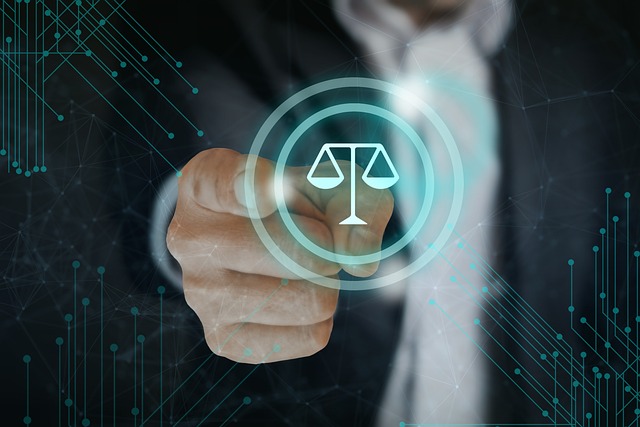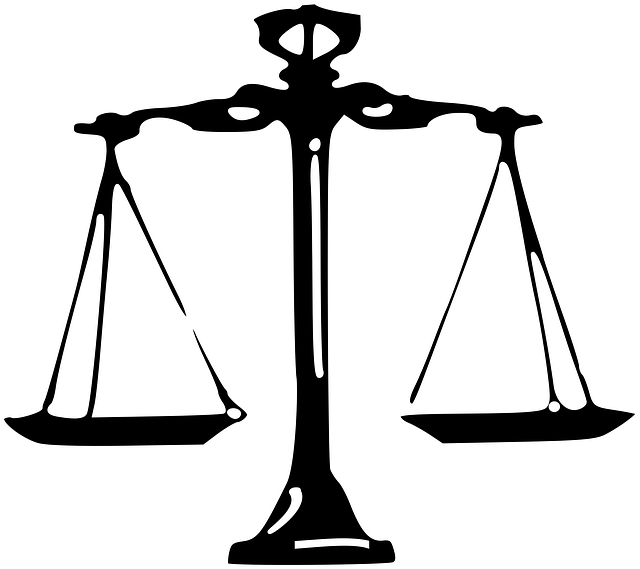Consumer Protection Suits are legal actions against businesses engaging in unfair or deceptive practices, aiming to compensate victims, prevent future misconduct, and maintain market integrity. These suits define consumers as individual buyers and cover a wide range of illegal activities under "unfair methods." High-profile cases demand rigorous investigation and strategic litigation. Successful prosecutions or settlements can dismiss charges, showcasing the power of these suits in holding businesses accountable. Understanding underlying legal principles is crucial for pursuing such cases, relying on state and federal laws addressing misrepresentation, false advertising, and breach of warranty. Navigating Criminal Appeal in Consumer Protection cases requires knowledge of Legal Grounds for Criminal Appeal and procedural steps, enabling clients to challenge verdicts, rectify errors, and ensure fairness through jury trials.
Consumer protection suits play a vital role in safeguarding individuals from unfair business practices. This article delves into the intricate world of consumer rights, offering a comprehensive guide to understanding these legal actions. We explore key definitions and the scope of consumer protection laws, unraveling the legal grounds that justify filing such suits. Additionally, we shed light on the complex process of navigating criminal appeals in consumer cases, highlighting rights and procedures, especially focusing on the critical aspect of legal grounds for criminal appeal.
- Understanding Consumer Protection Suits: Key Definitions and Scope
- Legal Grounds for Filing a Consumer Protection Suit
- Navigating Criminal Appeal in Consumer Protection Cases: Rights and Procedures
Understanding Consumer Protection Suits: Key Definitions and Scope

Consumer Protection Suits are legal battles designed to safeguard the rights and interests of consumers against businesses that engage in unfair or deceptive practices. At their core, these suits aim to compensate victims, deter future misconduct, and ensure market fairness. Key definitions include terms like “consumer,” who is an individual purchasing goods or services, and “unfair methods,” encompassing a wide range of illegal activities from false advertising to product tampering.
The scope of Consumer Protection Suits covers high-stakes cases involving large corporations with complex operations. These legal battles often require meticulous investigation and strategic litigation, given their potential for unprecedented track records. Through successful prosecution or settlement, consumers can achieve complete dismissal of all charges against the offending party, demonstrating the power of these suits in holding businesses accountable.
Legal Grounds for Filing a Consumer Protection Suit

When considering a consumer protection suit, understanding the legal grounds for filing is paramount. Such suits are designed to safeguard consumers from unfair, deceptive, or fraudulent business practices. The primary legal basis for these actions often includes violations of state and federal consumer protection laws, which can cover a wide range of misdeeds including misrepresentation, false advertising, and breach of warranty.
Achieving extraordinary results in consumer protection cases hinges on demonstrating that the defendant’s actions harmed consumers and violated established laws or regulations. This may involve complex legal analysis and robust evidence gathering to prove the intent behind deceptive practices. Whether representing general criminal defense clients or addressing issues impacting corporate entities, a strong understanding of these legal grounds is essential for building a compelling case and ensuring justice for affected consumers.
Navigating Criminal Appeal in Consumer Protection Cases: Rights and Procedures

Navigating Criminal Appeal in Consumer Protection Cases involves understanding both legal grounds for appeal and the procedures involved. When a consumer protection suit results in criminal charges, individuals or corporations have the right to challenge the verdict at various stages of the investigative and enforcement process. This appeals process is crucial, offering an opportunity to rectify errors and ensure fairness.
Whether it’s through challenging the admissibility of evidence, disputing procedural mistakes, or arguing insufficient legal grounds, both corporate and individual clients can seek to overturn their convictions. Jury trials play a significant role in these cases, as they provide a platform for presenting evidence and arguments directly to decision-makers. By knowing and exercising their appeal rights, consumers can protect themselves against unjust criminal charges, ultimately fostering a stronger, more transparent legal environment.
Consumer protection suits play a vital role in ensuring businesses uphold ethical practices and safeguard consumers’ rights. By understanding the key definitions, legal grounds, and procedures involved, individuals can effectively navigate these cases. Familiarity with the scope of consumer protection laws empowers citizens to take action against unfair or deceptive business conduct. Moreover, recognizing the significance of criminal appeals in these suits is crucial for achieving justice and holding wrongdoers accountable. Ultimately, staying informed about these processes enables consumers to protect themselves and contribute to a fairer marketplace.






